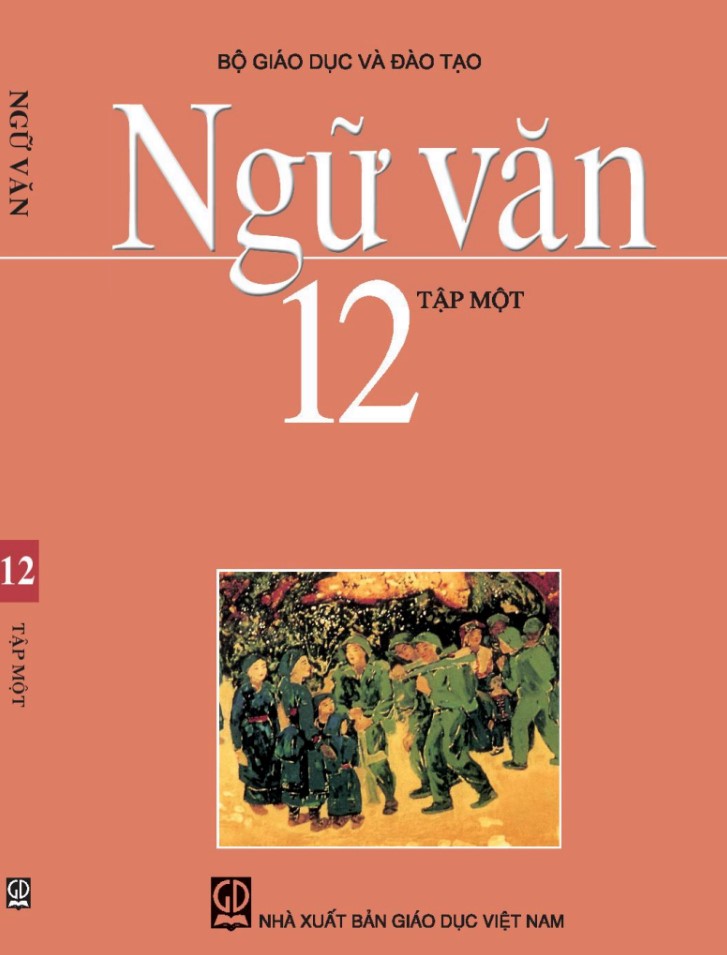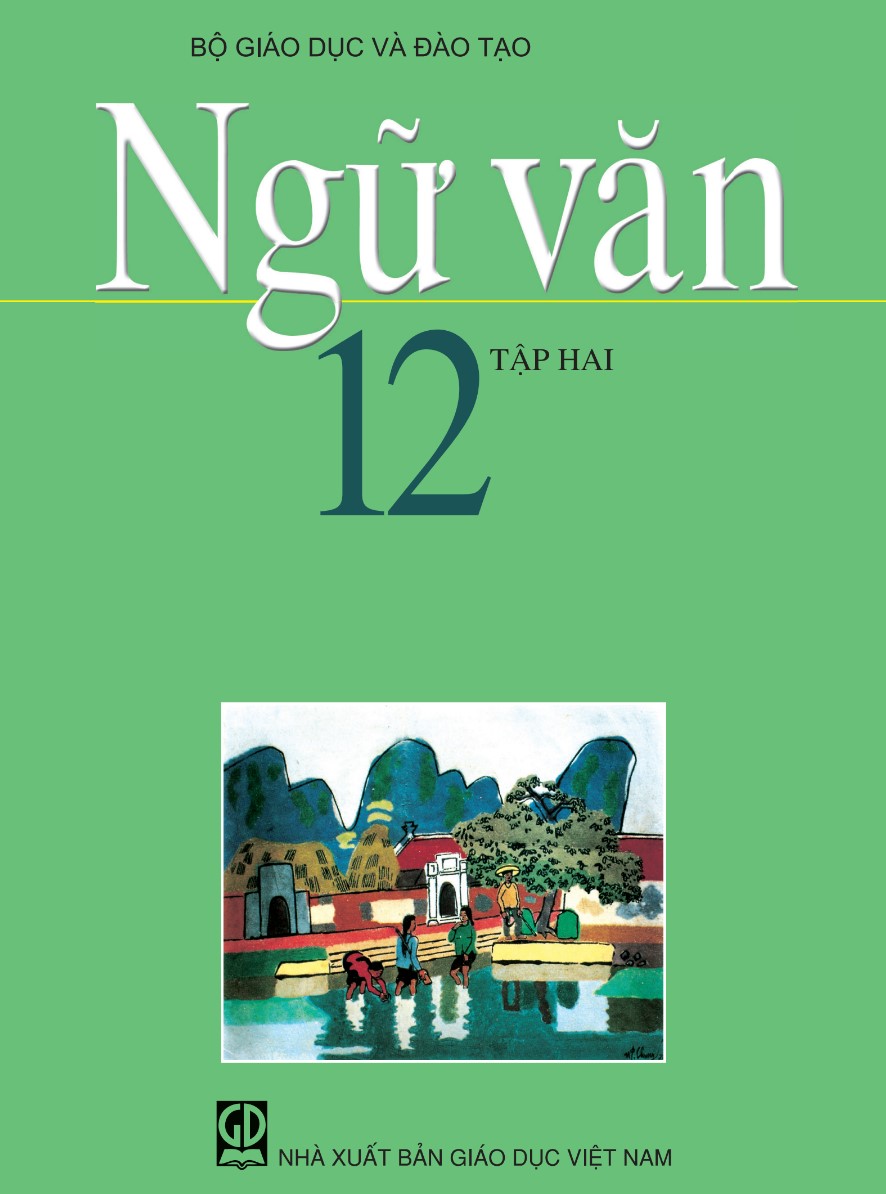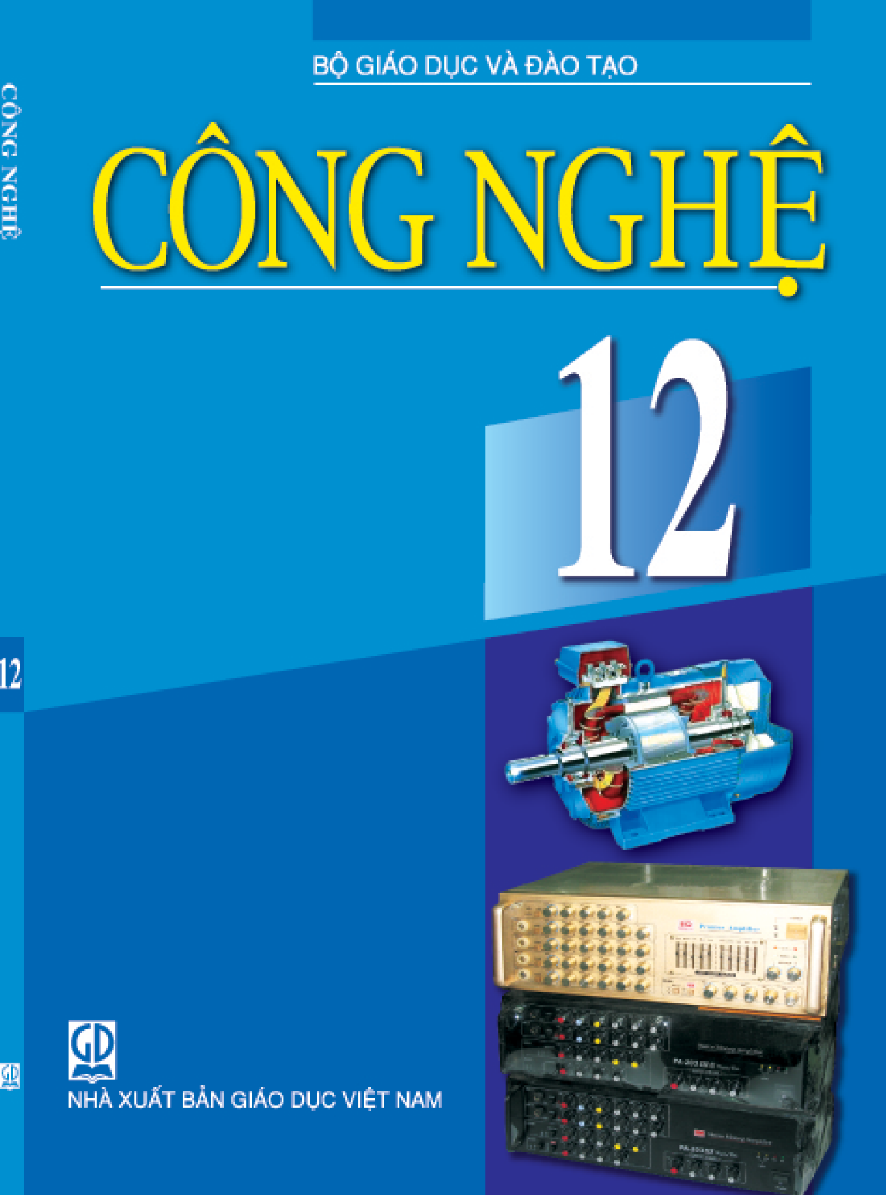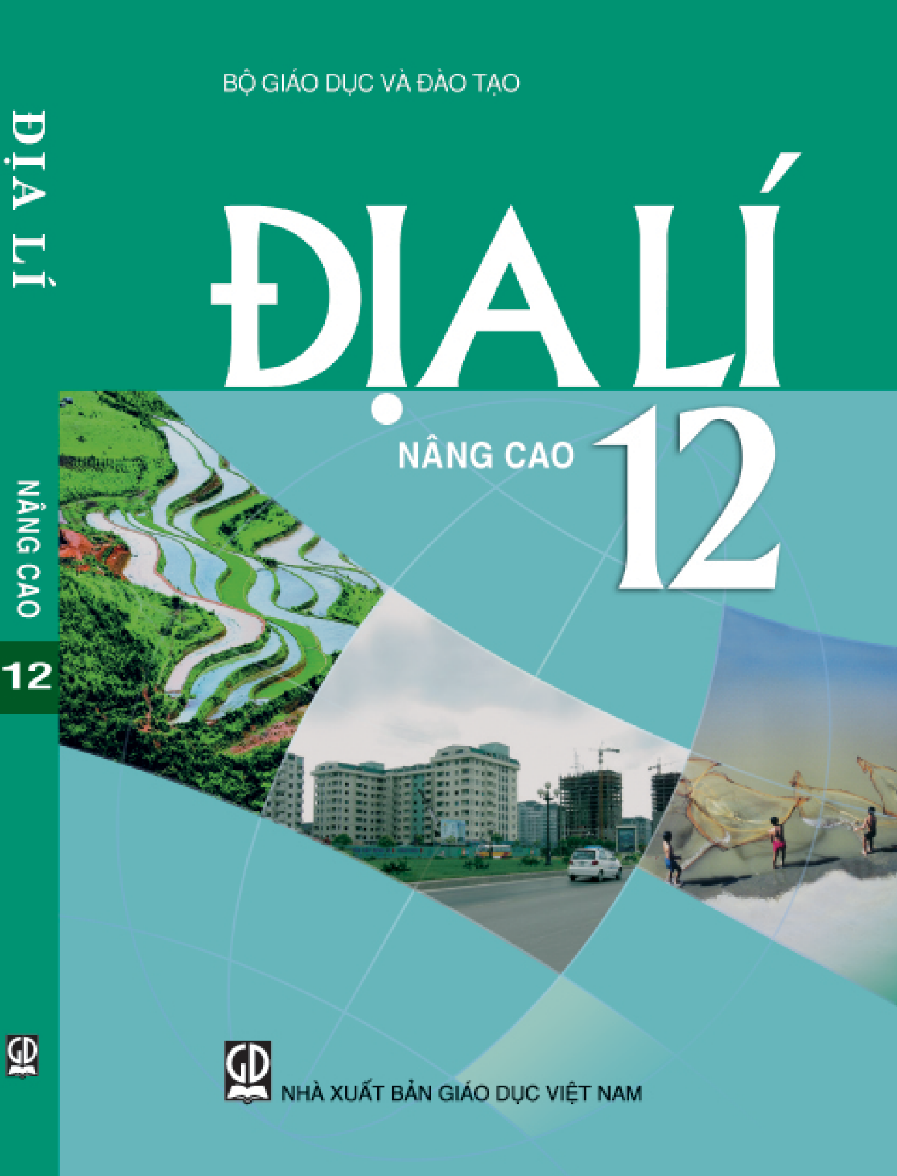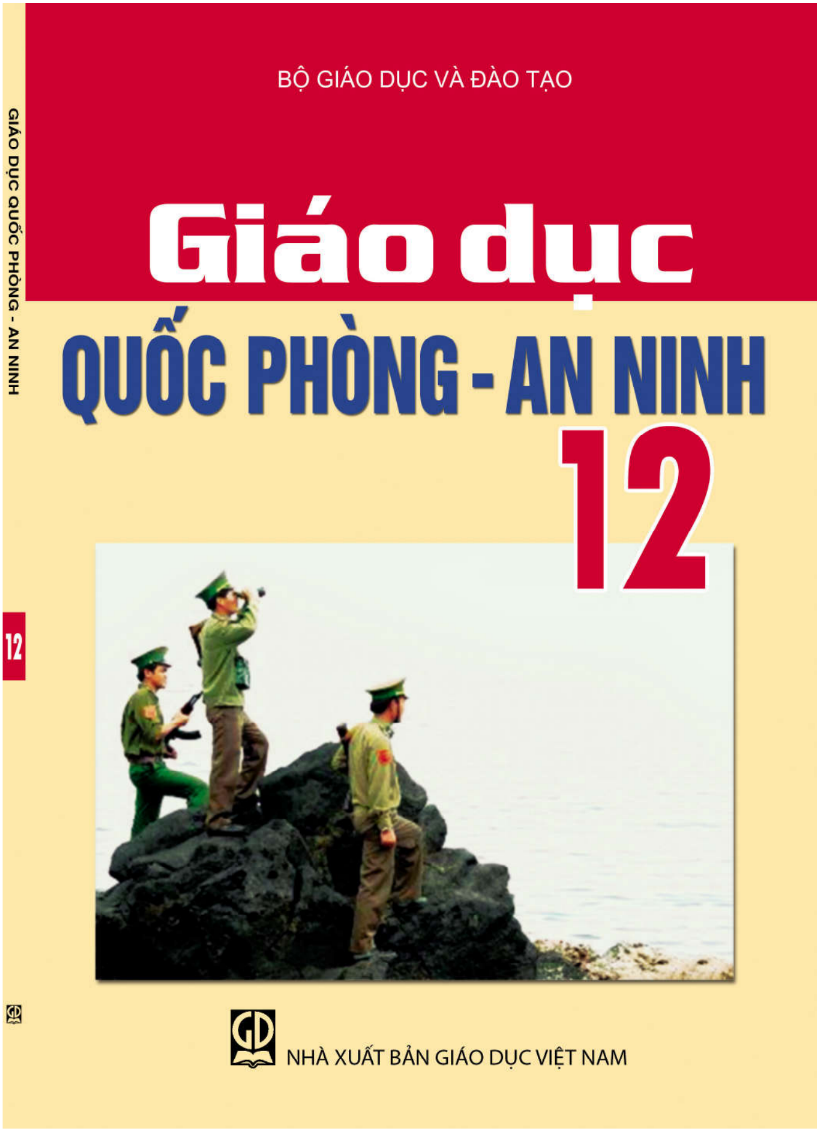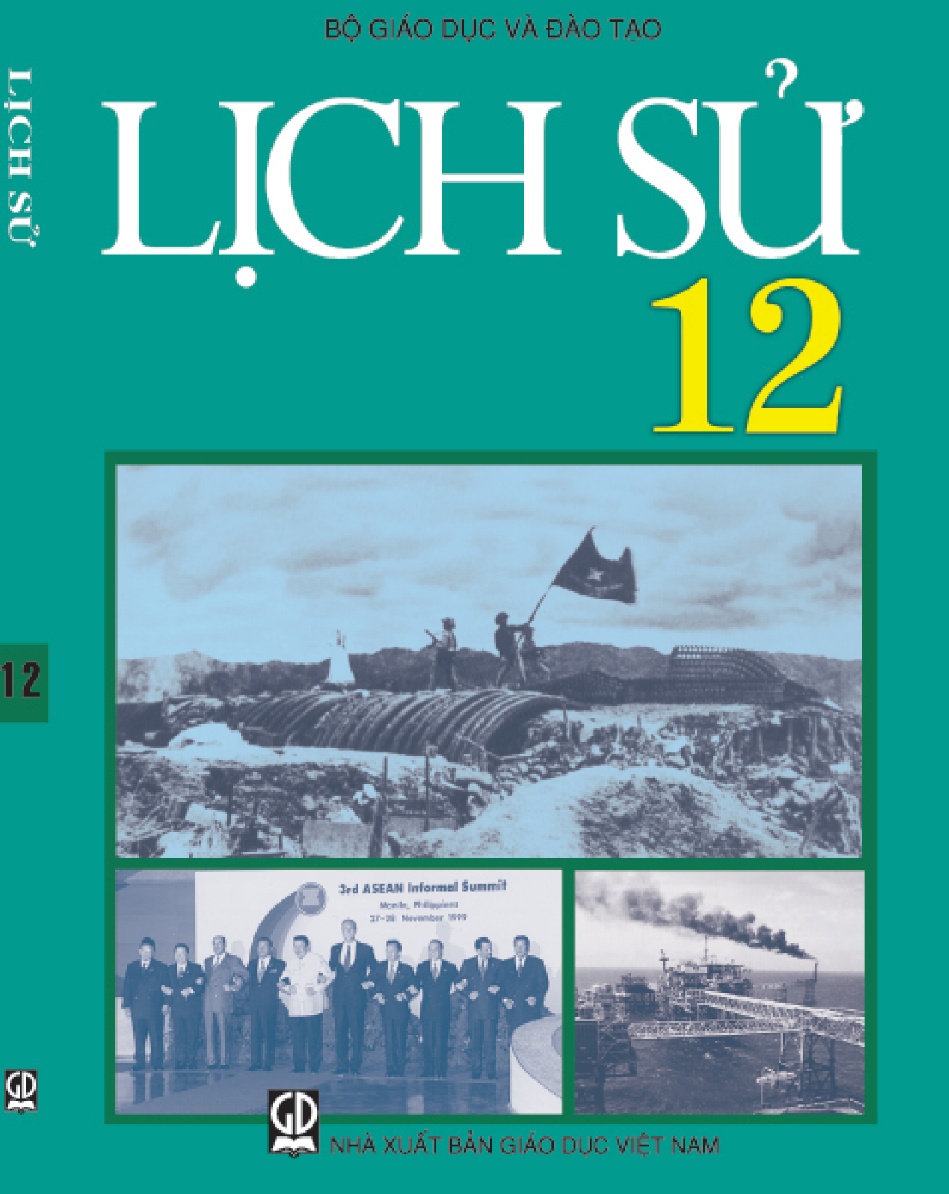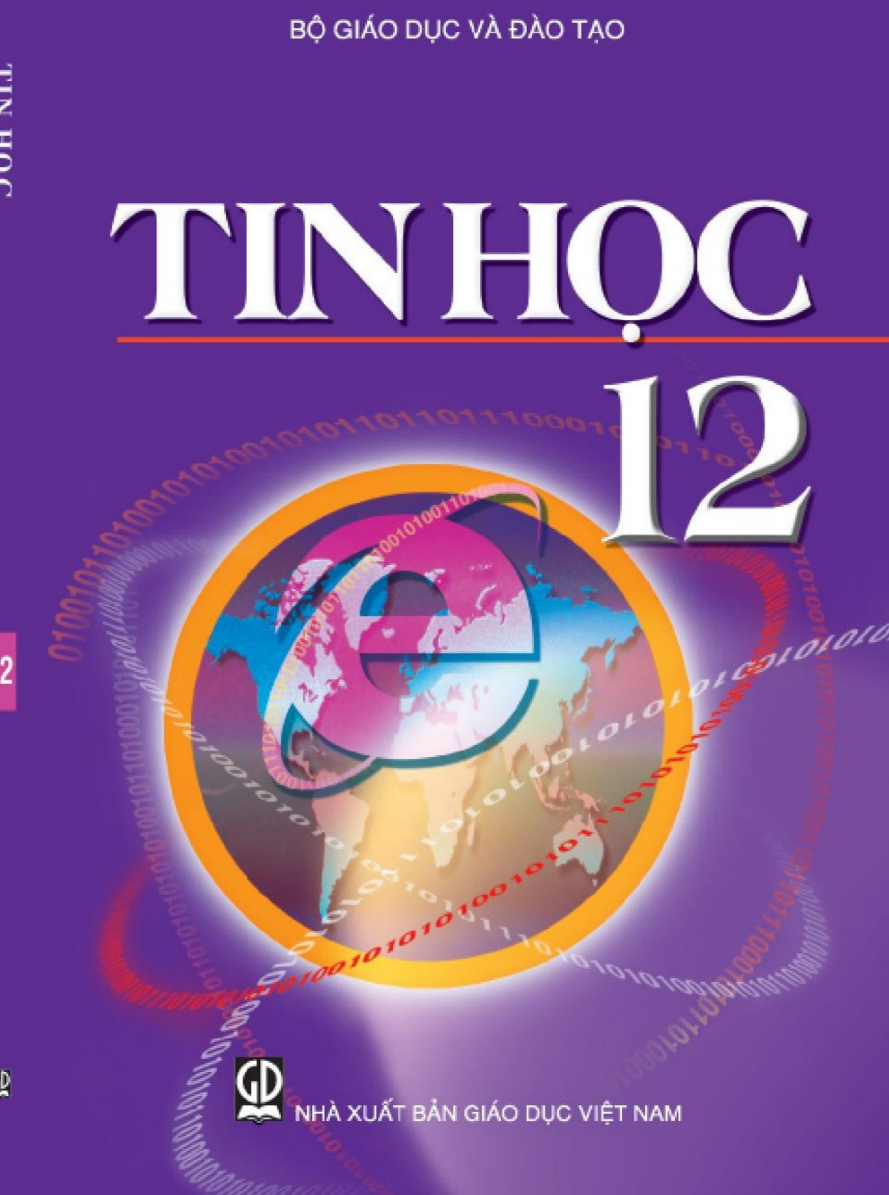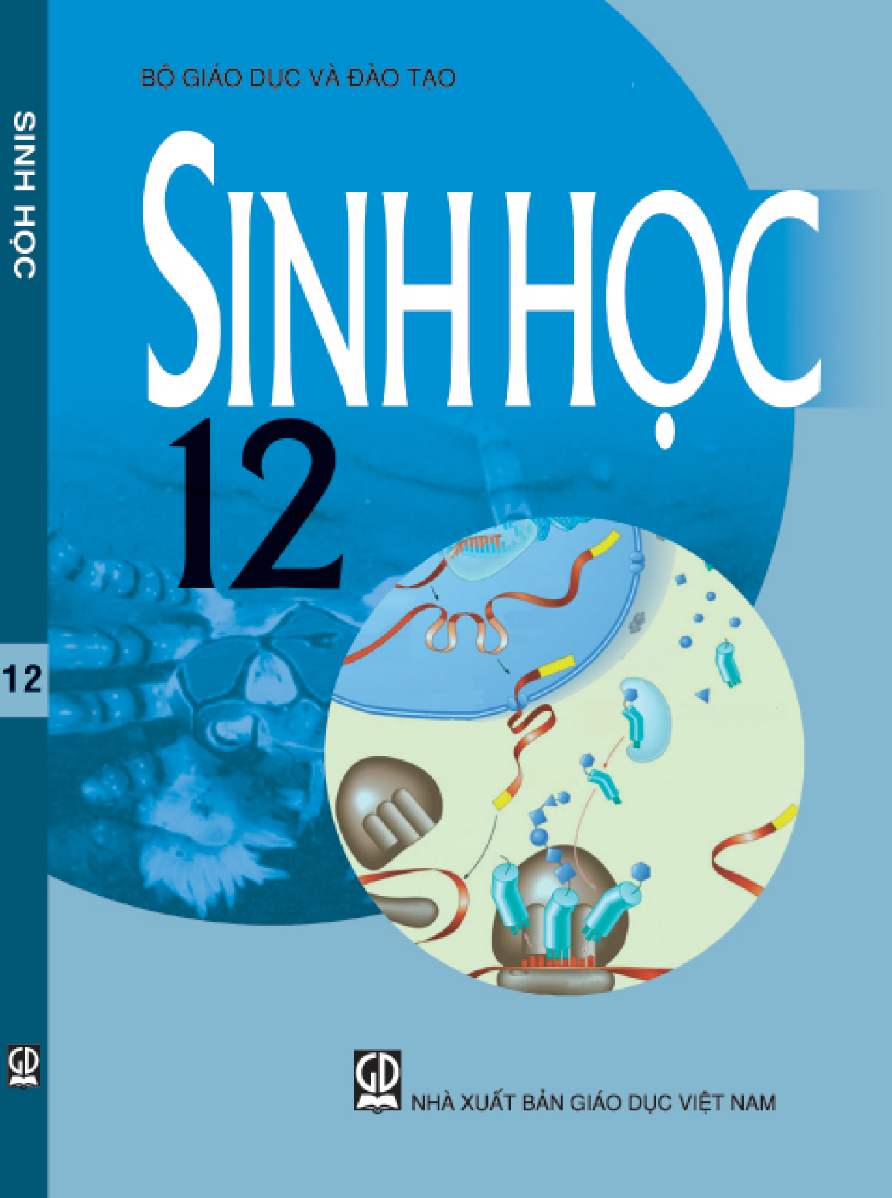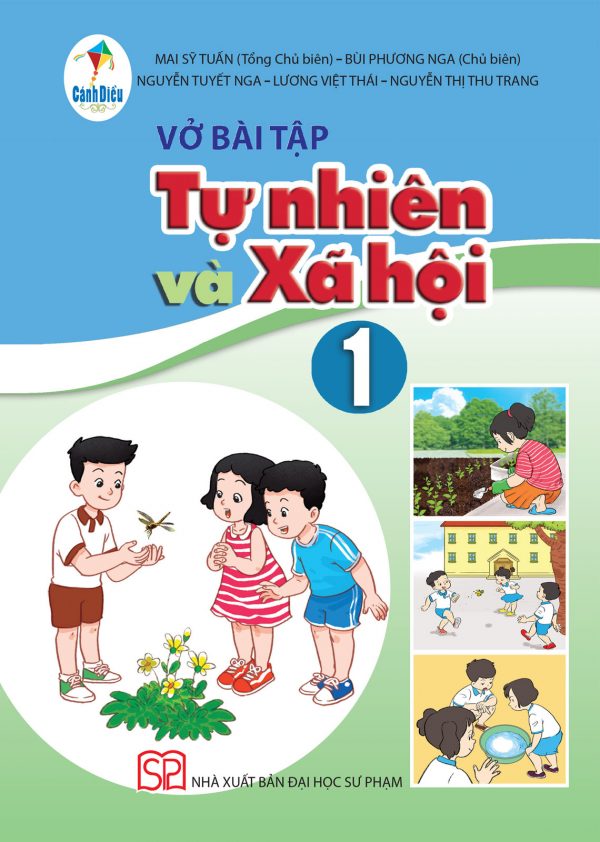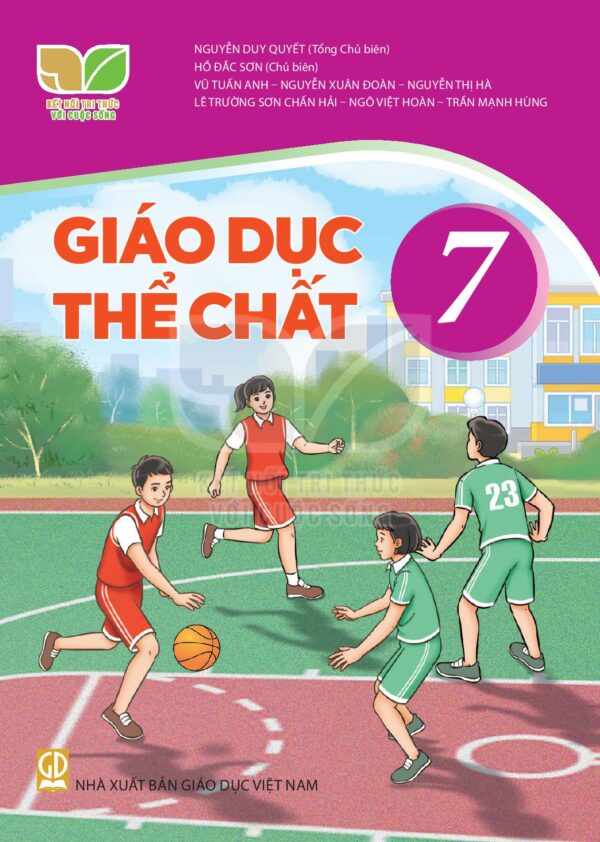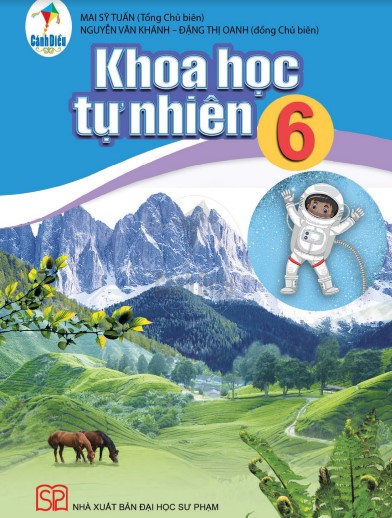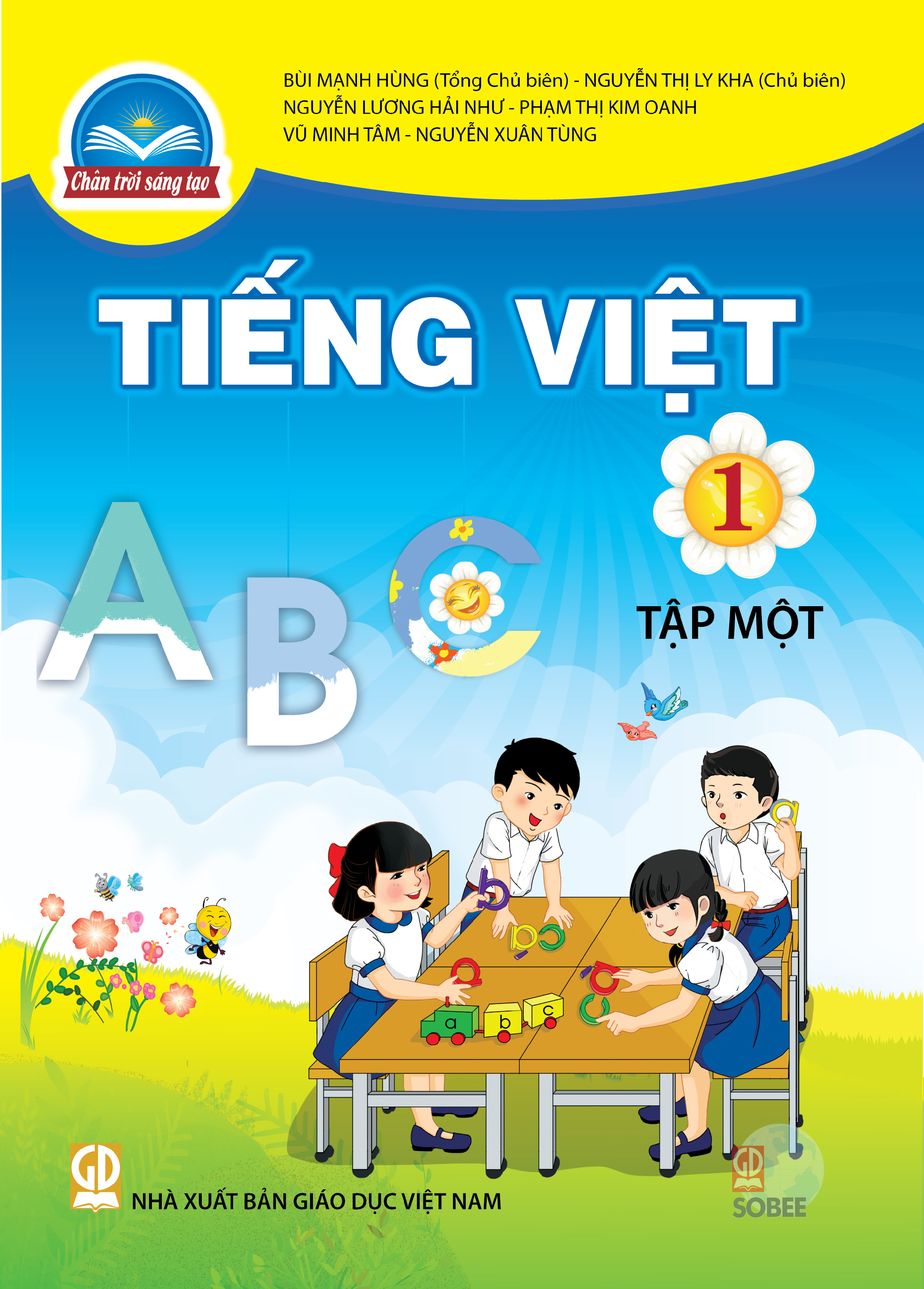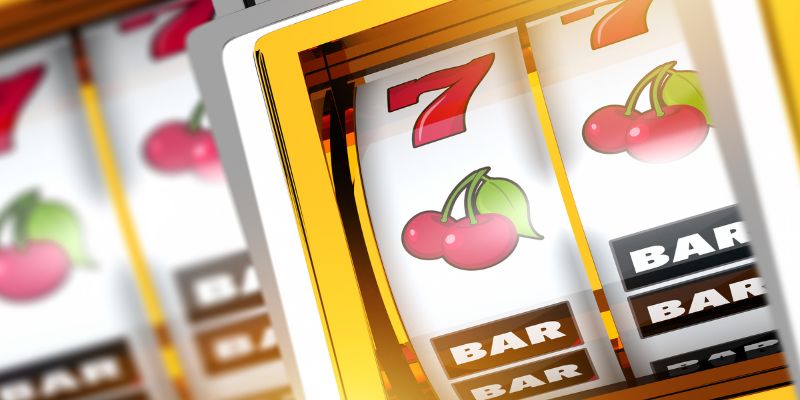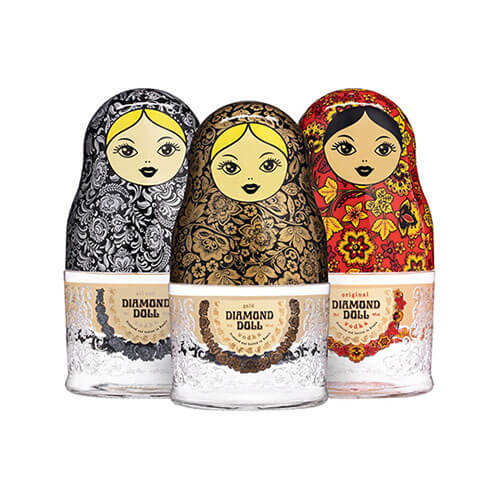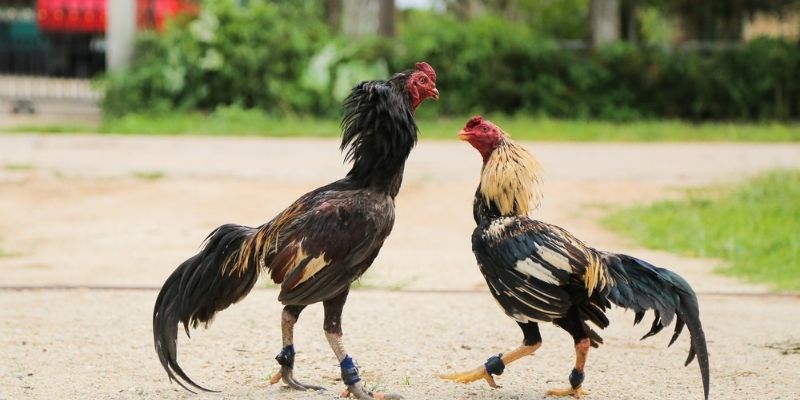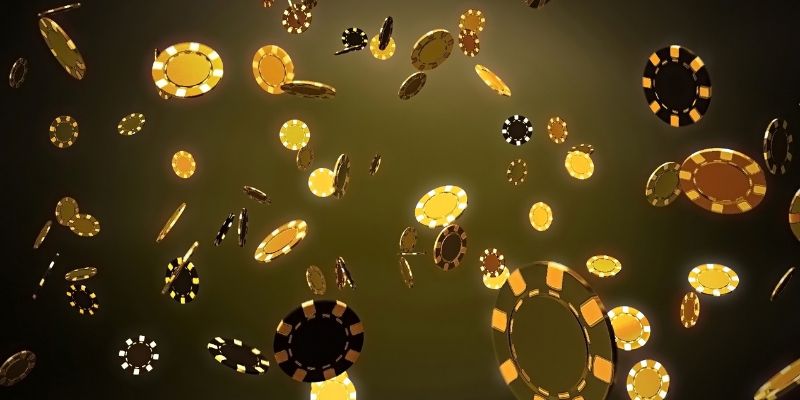(Page 32)
This unit includes:
LANGUAGE
Pronunciation
Diphthongs /ɪə/, /eə/, /ʊə/
Vocabulary
Words and phrases related to green living
Grammar
• Verbs with prepositions
• Relative clouses referring to a whole sentence
SKILLS
Reading: Reading for main ideas and specific information In emalls about going green with plastics
Speaking: Discussing ways to reduce, reuse, and recycle paper and expressing opinions
Listening: Listening for main Ideas, specific Information and instructions in a conversation about creating a compost pile
Writing: Writing a problem- solving repor on green solutions
COMMUNICATION AND CULTURE / CLIL
Everyday English
Making predictions
CLIL
How green ore our festival tractions?
PROJECT
Designing a leaflet promoting on eco-friendly habit
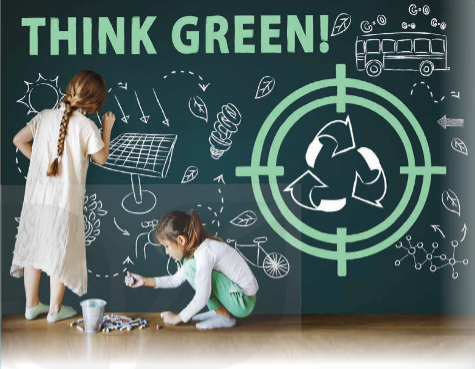
I. GETTING STARTED
Green Classroom Competition
1. Listen and read. 🎧
Nam: Hey guys, look at this notice! Our school is holding a Green Classroom Competition. The greenest
classroom will win an ecotour!
Mark: How exciting! But how will the classrooms be judged? Nam: It says here that classrooms will be judged on the
following: raising environmental awareness, reducing our carbon footprint, and using resources efficiently. Mai: I guess we should start by cleaning up our classroom more frequently and having more plants in it.
Nam: Yes, this is the easiest thing to do, but we also need to change our classmates' behaviour so that we can develop eco-friendly habits in our class.
Mark: That sounds harder. I notice many of our classmates buy plastic water bottles every day and throw them away after a single use.
Nam: Plastic takes hundreds of years to decompose, which is certainly not good for the environment.
(Page 33)
Mai: Well, we can place a big jug full of drinking water in the classroom so that we can refill our reusable bottles.
Mark: Good ideal Now, to reduce our carbon footprint, we should also make sure we turn off the lights and air conditioners before leaving the classroom. Sometimes people rush out and leave them on, which is a waste of electricity.
Mai: Sure. Why don't we place some brightly coloured signs next to all doors to remind people?
Nam: So many good ideas already. Let's meet after school to discuss more. Thope our class wins the ecotour!
Mark: That'd be fantastic!
Mai: Yes. Let's do our best!
2. Read the conversation again and tick (✔) the green ideas mentioned in 1.
| 1. putting more plants in the classroom | |
| 2. asking students to bring single-use water bottles | |
| 3. placing a big water jug in the classroom | |
| 4. leaving lights and air conditioners on when leaving the classroom | |
| 5. placing reminders on saving electricity near doors |
3. Find words and phrases in 1 with the following meanings.
| 1. c_____ u_____ | making a place completely clean and tidy |
| 2. e _____ f _____ | good for the environment |
| 3. d_____ | to be destroyed gradually and naturally |
| 4. c_____ f_____ | a measure of the amount of CO2 produced |
4. Complete the sentences with words from 1.
1. Many students throw (1) _____ plastic water bottles after a single use, (2) _____ is not good for the environment.
2. We need to turn (3) _____ the lights and air conditioners before leaving the classroom.
3. Some students leave them (4) _____ when they rush out, (5) _____ is a waste of electricity.
